Professor Georgina Endfield, University of Nottingham
PI of Weather Extremes, funded under AHRC Care for the Future: Thinking Forward through the Past
In 1952, climatologist Gordon Manley suggested that “if a census were taken of common topics of conversation amongst British people, it is very probable that the weather would take first place” (Manley, 1952:13). This statement is probably as true today as it was over sixty years ago, and while in no way being unique in this, it is fair to say that the British have a something of an obsession with the weather.
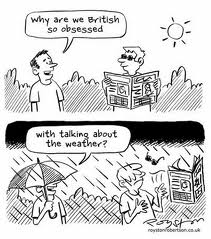 Yet the weather has arguably become an even more popular topic of conversation in recent years. In part, this is a function of narratives highlighting the apparently looming, apocalyptic climate changes that global society faces, but it may also be a result of rising concern over the impacts of anomalous, ‘extreme’ weather events such as droughts, floods, storm events and unusually high or low temperatures. While social and economic systems have generally evolved to accommodate some deviations from “normal” weather conditions, this is rarely true of extremes. Continue reading
Yet the weather has arguably become an even more popular topic of conversation in recent years. In part, this is a function of narratives highlighting the apparently looming, apocalyptic climate changes that global society faces, but it may also be a result of rising concern over the impacts of anomalous, ‘extreme’ weather events such as droughts, floods, storm events and unusually high or low temperatures. While social and economic systems have generally evolved to accommodate some deviations from “normal” weather conditions, this is rarely true of extremes. Continue reading


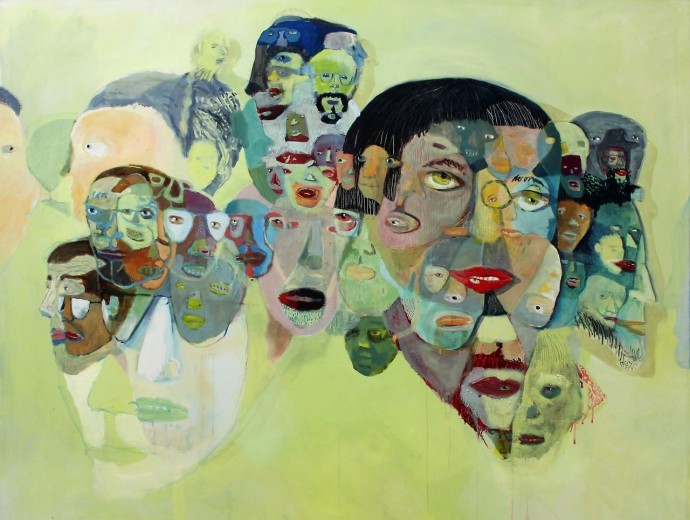
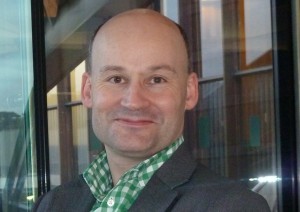
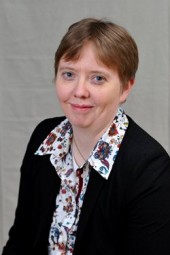

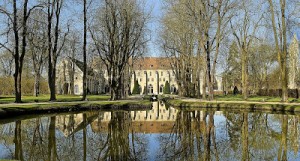 Call for Papers
Call for Papers

